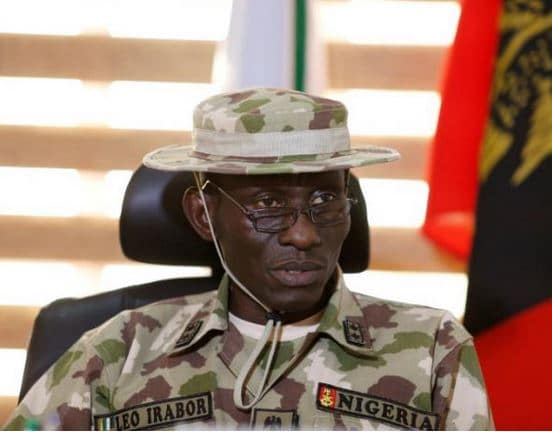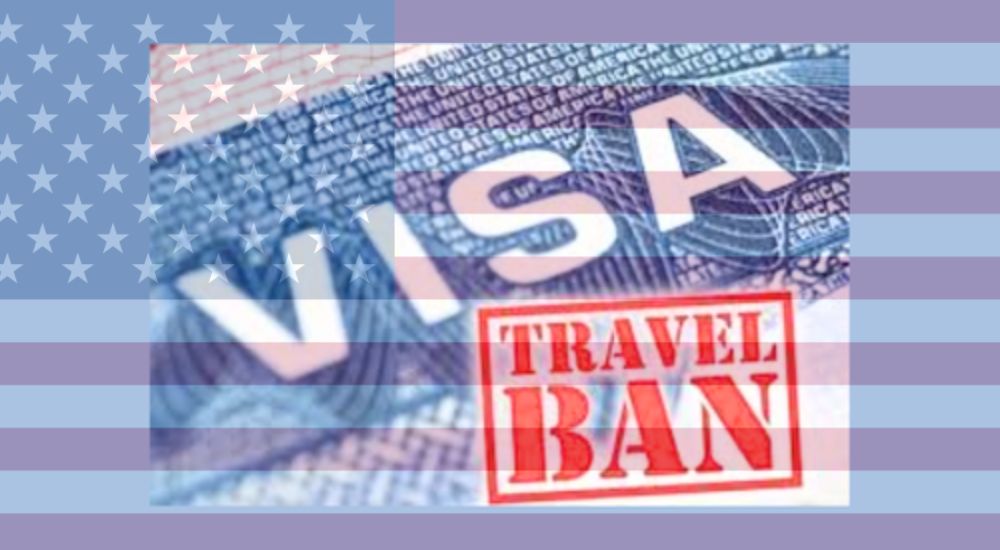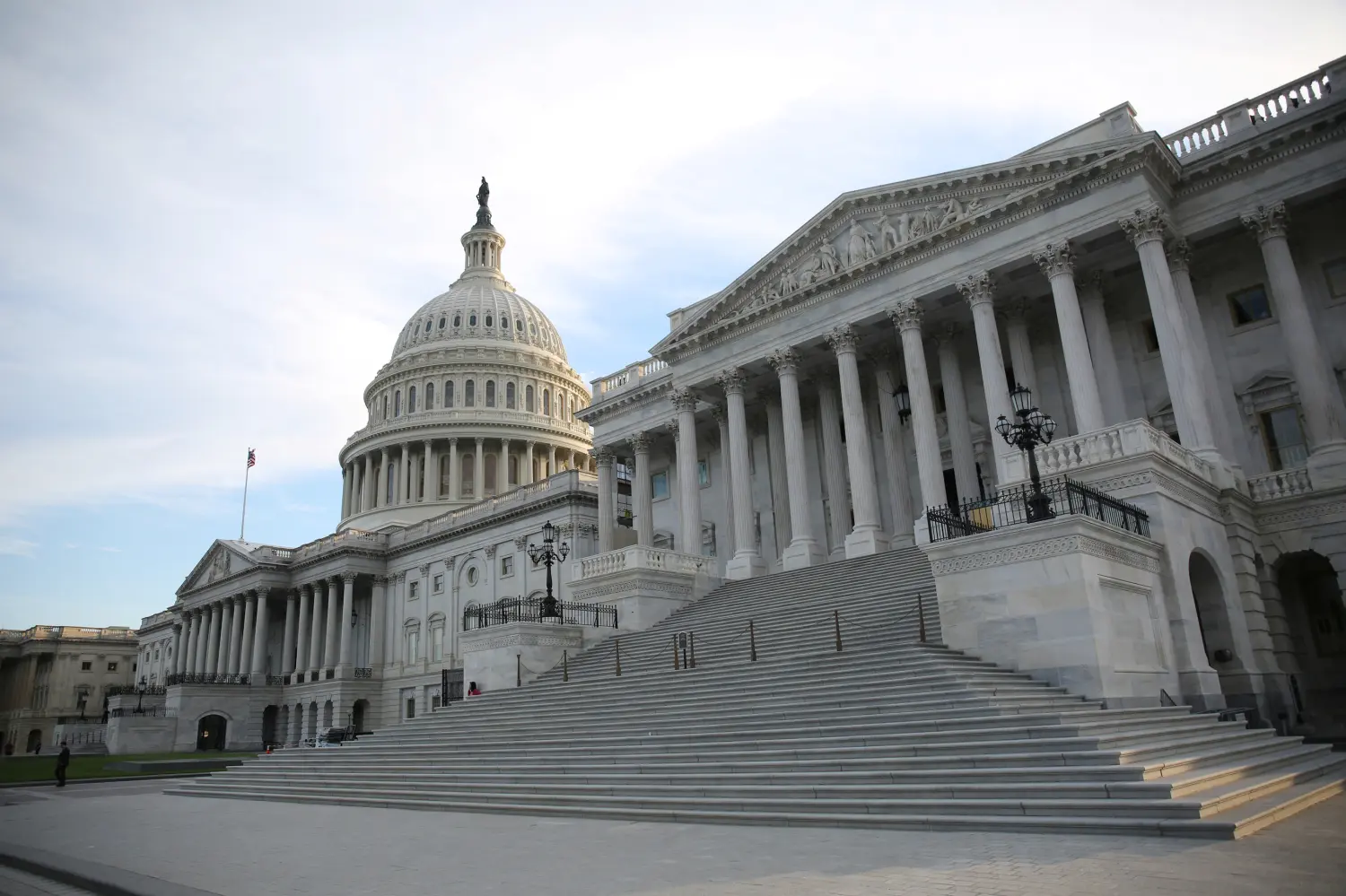Headlines
Military Declares 19 Bandit Kingpins Wanted, Places N95m Bounty

The Defence Headquarters has declared no fewer than 19 bandits leaders wanted.
The military high command also placed a N5m bounty on each of them to encourage Nigerians to volunteer information that could lead to their arrest.
The military urged the public to provide information that could lead to the arrest of the bandits When contacted, the Director, Defence Information, Major General Jimmy Akpor, confirmed that the list was authentic.
Our correspondent had reported that the process of declaring the bandit leaders wanted was being reviewed by the military authorities.
However, the names, pictures and states of origin of the 19 bandit kingpins were released on Monday.
Agora Policy Report says an estimated 7,500 lives were lost between 2018 and 2021 to bandit attacks while about one million persons were displaced.
Prominent among those declared wanted is Bello Turji from Fakai village, Zamfara State.
Regarded as one of the most dangerous bandit kingpins, Turji was reportedly involved in the alleged killing of about 200 people, including women and children, in January 2022.
He was also said to be behind the attack on Garki village in Sokoto, where over 80 people were murdered in a night in 2021.
He also engaged in mass abduction after his father was arrested by security operatives.
Another notorious bandit on the list is Ali Kachalla, aka Ali Kawaje, from Kuyambara village in Danaadau Maru LGA of Zamfara State.
Kachiala’s gang reportedly shot down the jet of flight lieutenant Abayomi Dairo in July 2021.
Equally declared wanted is Ado Aliero, who hailed from Yankuzo village, in the Tsafe LGA, Zamfara State.
He was installed as the Sarkin Fulani (King of Fulanis) of Yandoton Daji Emirate in Zamfara State in July.
He had been declared wanted by the Katsina State Police Command for masterminding an attack on Kadisau village, in the Faskari Local Government Area of the state, which led to the murder of over 52 people.
Also on the wanted list is Halilu Sububu from Sububu village, in the Maradun LGA, Zamfara State.
Sububu, who is believed to be the wealthiest bandit leader, narrowly escaped an airstrike on October 24, in which at least 30 terrorists were killed.
Also on the list are Sani Dangote from Dumbarum village, Zurmi LGA of Zamfara State; Leko (Mozoj village, Mutazu LGA, Katsina State); Dogo Nahali (Yar Tsamiyar Jno village, Kankara LGA, Katsina State); and Nagona from Angwan Galadima in the Isa Loa area of Sokoto State.
The wanted kingpins include Ado Aliero from Yankuzo village Tsafe LGA, Zamfara State; Monore from Yantumaki village, Dan LGA, Katsina State; Gwaska Dankarami from Shamushele village in the Zuri LGA of Zamfara State; Baleri from Shinkafi LGA, Zamfara State and Mamudu Tainange from Varanda village in Batsari LGA, Katsina State and others.
A retired Department of State Services officer, Abuh Adams, said the military delayed in declaring kingpins wanted.
He also said the bounty should be reviewed upwards to encourage Nigerians who might wish to volunteer information.
Adams said, “It is better late than never, if not, we have no reason to wait before declaring criminals of that calibre wanted. This should not just be limited to the military, all other security agencies should do the same.
‘’On the amount placed on them, this is an amount that terrorists themselves can buy information with. I think we will get better results if they review the bounty. In saner climes where things like this are done, they make enticing offers to the public.’’
Another security expert, Timothy Avele, said, “Ordinarily, it’s a good thing they’re officially declared wanted terrorists. However, due to the lack of trust by the locals and the general public, I doubt if it will yield fruitful results.
“You remember, not quite long one of the so-called declared terrorists was crowned as an emir in a public ceremony even with security agents at the party. So, it sends the wrong message to the public especially since no one was sanctioned for such a security breach. I doubt if anyone will risk his or her life because of N5m. The amount is not encouraging; it should be from N20m minimum, which is less than $50,000.”
The Punch
Headlines
Tinubu Nominates Ibas, Dambazau, Enang, Ohakim As Ambassadors

President Bola Tinubu has nominated Ibok-Ete Ekwe Ibas, the immediate past sole administrator of Rivers State and a former Chief of Naval Staff, as a non-career ambassador.
Tinubu also nominated Ita Enang, a former senator; Chioma Ohakim, former First Lady of Imo State; and Abdulrahman Dambazau, former Minister of Interior and ex-Chief of Army Staff, as non-career ambassadors.
Headlines
US Moves to Impose Visa Restrictions on Sponsors, Supporters of Violence in Nigeria

The United States Department of State on Wednesday announced that it is outlining new measures to address violence against Christians in Nigeria and other countries.
The policy, according to a statement released by the department, targets radical Islamic terrorists, Fulani ethnic militias, and other actors responsible for killings and attacks on religious communities.
“The United States is taking decisive action in response to the mass killings and attacks on Christians carried out by radical Islamic terrorists, Fulani militias, and other violent groups in Nigeria and beyond,” said Secretary of State Marco Rubio in a statement.
According to the statement, a new policy under Section 212(a)(3)(C) of the Immigration and Nationality Act allows the State Department to restrict visas for individuals who have “directed, authorised, significantly supported, participated in, or carried out violations of religious freedom,” and, when appropriate, extend those “restrictions to their immediate family members.”
The briefing, led by House Appropriations Vice Chair and National Security Subcommittee Chairman Mario Díaz-Balart, included members of the House Appropriations and House Foreign Affairs Committees, as well as religious freedom experts.
Participants included Representatives Robert Aderholt, Riley Moore, Brian Mast, Chris Smith, US Commission on International Religious Freedom Chair Vicky Hartzler, Alliance Defending Freedom International’s Sean Nelson, and Dr Ebenezer Obadare of the Council on Foreign Relations.
President Bola Tinubu recently approved Nigeria’s delegation to the new US–Nigeria Joint Working Group, formed to implement security agreements from high-level talks in Washington led by National Security Adviser Nuhu Ribadu.
The move follows growing concerns over terrorism, banditry, and targeted attacks on Christians in Nigeria, prompting increased US scrutiny and warnings about the protection of vulnerable faith communities.
On November 20, the US House Subcommittee on Africa opened a public hearing to review Trump’s redesignation of Nigeria as a Country of Particular Concern, placing the country under heightened scrutiny for alleged religious-freedom violations.
Lawmakers examined the potential consequences of the designation, which could pave the way for sanctions against Nigerian officials found complicit in religious persecution.
The Punch
Headlines
Alleged Christian Genocide: US Lawmakers Fault Tinubu’s Govt

United States of America lawmakers have sharply contradicted the Nigerian government’s position on the ongoing massacres in the country, describing the violence as “escalating,” “targeted,” and overwhelmingly directed at Christians during a rare joint congressional briefing on Tuesday.
The closed-door session – convened by House Appropriations, Vice Chair Mario Díaz-Balart, as part of a Trump-ordered investigation – examined recent killings and what Congress calls Abuja’s “deeply inadequate” response.
President Trump has asked lawmakers, led by Reps. Riley Moore and Tom Cole, to compile a report on persecution of Nigerian Christians and has even floated the possibility of U.S. military action against Islamist groups responsible for the attacks.
At the briefing, Vicky Hartzler, chair of the U.S. Commission on International Religious Freedom, warned that “religious freedom [is] under siege” in Nigeria, citing mass abductions of schoolchildren and assaults in which “radical Muslims kill entire Christian villages [and] burn churches.” She said abuses were “rampant” and “violent,” claiming Christians are targeted “at a 2.2 to 1 rate” compared with Muslims.
While acknowledging Nigeria’s recent move to reassign 100,000 police officers from VIP protection, Hartzler said the country is entering a “coordinated and deeply troubling period of escalated violence.” She urged targeted sanctions, visa bans, asset freezes and tighter conditions on U.S. aid, insisting Abuja must retake villages seized from Christian communities so displaced widows and children can return home.
The strongest rebuke came from Dr. Ebenezer Obadare of the Council on Foreign Relations, who dismissed Abuja’s narrative that the killings are not religiously motivated. He called the idea that extremists attack Muslims and Christians equally a “myth,” stressing the groups operate “for one reason and one reason only: religion.” Higher Muslim casualty figures, he argued, reflect geography, not equal targeting.
Obadare described Boko Haram as fundamentally anti-democratic and accused the Nigerian military of being “too corrupt and incompetent” to defeat jihadist networks without external pressure. He urged Washington to push Nigeria to disband armed religious militias, confront security-sector corruption and respond swiftly to early warnings.
Sean Nelson of ADF International called Nigeria “the deadliest country in the world for Christians,” claiming more Christians are killed there than in all other countries combined and at a rate “five times” higher than Muslims when adjusted for population. He said extremists also kill Muslims who reject violent ideologies, undermining Abuja’s argument that the crisis is driven mainly by crime or communal disputes.
He pressed for tighter oversight on U.S. aid, recommending that some assistance be routed through faith-based groups to avoid corruption. Without “transparency and outside pressure,” he said, “nothing changes.”
Díaz-Balart criticised the Biden administration’s reversal of Trump’s designation of Nigeria as a “country of particular concern” in 2021, saying the decision had “clearly deadly consequences.” Lawmakers from the Appropriations, Foreign Affairs and Financial Services committees signaled further oversight actions as they prepare the Trump-directed report.
Hartzler pointed to recent comments by Nigeria’s Speaker of the House acknowledging a “coordinated and deeply troubling period of escalated violence,” calling it a rare moment of candor. She also welcomed the redeployment of police officers as “a promising start after years of neglect.”
But she stressed that these gestures are far from sufficient, insisting the Nigerian government must demonstrate a real commitment to “quell injustice,” act swiftly on early warnings, and embrace transparency.
The Nigerian Embassy did not immediately respond to a request for comment, according to source.






